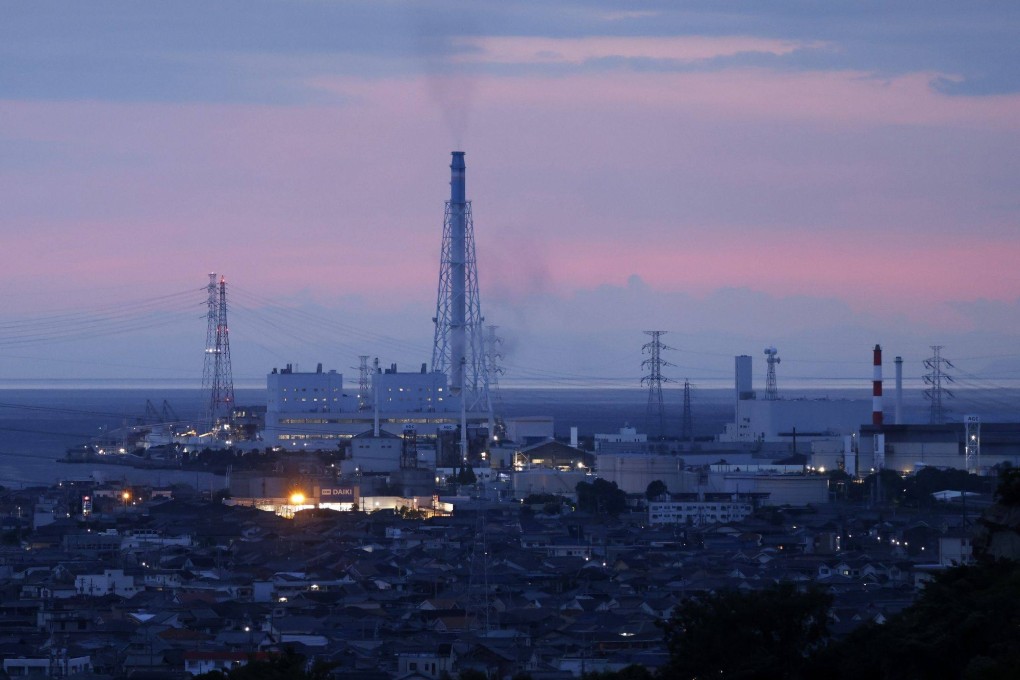Advertisement
The View | In Asia, climate change and economic uncertainty can be addressed together
- As Asian economies face recession worries, many are putting climate action on the back burner – but climate resilience goes hand in hand with economic stability
- Setting ambitious energy and sustainability targets supports green growth
Reading Time:3 minutes
Why you can trust SCMP

As Asia faces a worsening global economic outlook, tackling climate change must be a core part of the region’s economic strategy – to drive growth, protect the vulnerable, and rebuild economies on solid ground.
Despite an initial post-pandemic economic rebound, many Asian economies’ growth forecasts have since been downgraded. Rising inflation, China’s slowdown, and geopolitical tensions weakening trade and investment ties all weigh heavily on the region’s growth prospects.
Populations are worried about issues that affect livelihoods, especially the affordability of food and fuel. Governments facing recession worries and fiscal constraints have missed climate targets and lowered their ambitions for emissions declines. The United Nations has warned that climate action in Asia has regressed in the past several years.
Advertisement
To rebuild Asia’s economies on stronger foundations, sustainability efforts need to be redoubled and married with kitchen-table economics, with governments prioritising policies and businesses pursuing opportunities that both support economic recovery and advance climate goals.
As the world’s manufacturing centre, Asia accounts for around half of annual global greenhouse gas emissions. If these levels continue, hundreds of millions of people will be vulnerable to the health, economic, and social effects of climate change, putting the region’s continued economic growth and competitiveness at risk.
Advertisement
More frequent and intense weather events and sea level rise will affect the lives of coastal communities and damage critical infrastructure.
Advertisement
Select Voice
Select Speed
1.00x
